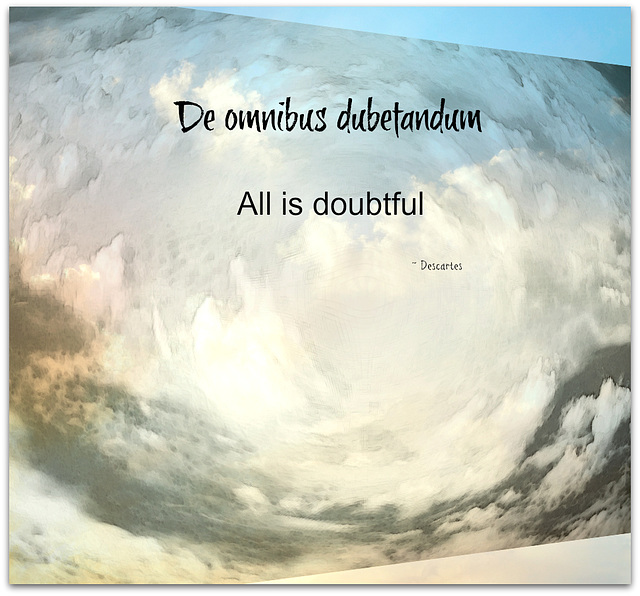Shame
House
Sartre
Knowledge
Bread / Brot
Sensation
Written in Stone
Fall Leaves
Crossing
Rose
Bridge
A message for Earth day
Phalguni or Kulur River
An evening in Hawaii
Lockdown Panacea
Untitled
Snow day at New Jersey
Book
Japanese garden
Confusion - highlight of the current days
An old house
Buds of Jasmin flower
Jasmin
A tree
Starving but happy
Old house
Jasmin
Driving in snow
See also...
Keywords
Authorizations, license
-
Visible by: Everyone -
Attribution + non Commercial
- Photo replaced on 23 May 2020
-
30 visits
Photo by Dinesh


- Keyboard shortcuts:
Jump to top
RSS feed- Latest comments - Subscribe to the comment feeds of this photo
- ipernity © 2007-2024
- Help & Contact
|
Club news
|
About ipernity
|
History |
ipernity Club & Prices |
Guide of good conduct
Donate | Group guidelines | Privacy policy | Terms of use | Statutes | In memoria -
Facebook
Twitter

But as philosopher Paul Churchland aptly put it: ‘Among many other defects, if [the account that only humans think because thinking requires language] denies any theoretical understanding whatever to nonhuman animals, since they do not traffic in sentimental or propositional attitudes’.
Any view of cognition that ignores non-human animals ignores evolution. Whether we are talking about the nature of ineffable knowledge or any other kind of cognitive or physical capacity, our account must be informed by and by applicable to comparatively biology if it is to have any explanatory adequacy. Animal cognition helps understand the importance of evolutionary theory and comparative biology in the understanding of our own cognition. It also allows for tremendous insight into how the bodies of both humans and other animals are causally implicated in their cognition.
The main problem with disregarding animal cognition is that in doing so, we are essentially disregarding what cognition might have been like among our ancestors before they got language. Their pre-linguistic state was the cognitive foundation that language emerged from. If there is no cognition before language, a la Descartes and many others, the problem of understanding how language evolved becomes intractable. ~ Page 45
Sign-in to write a comment.